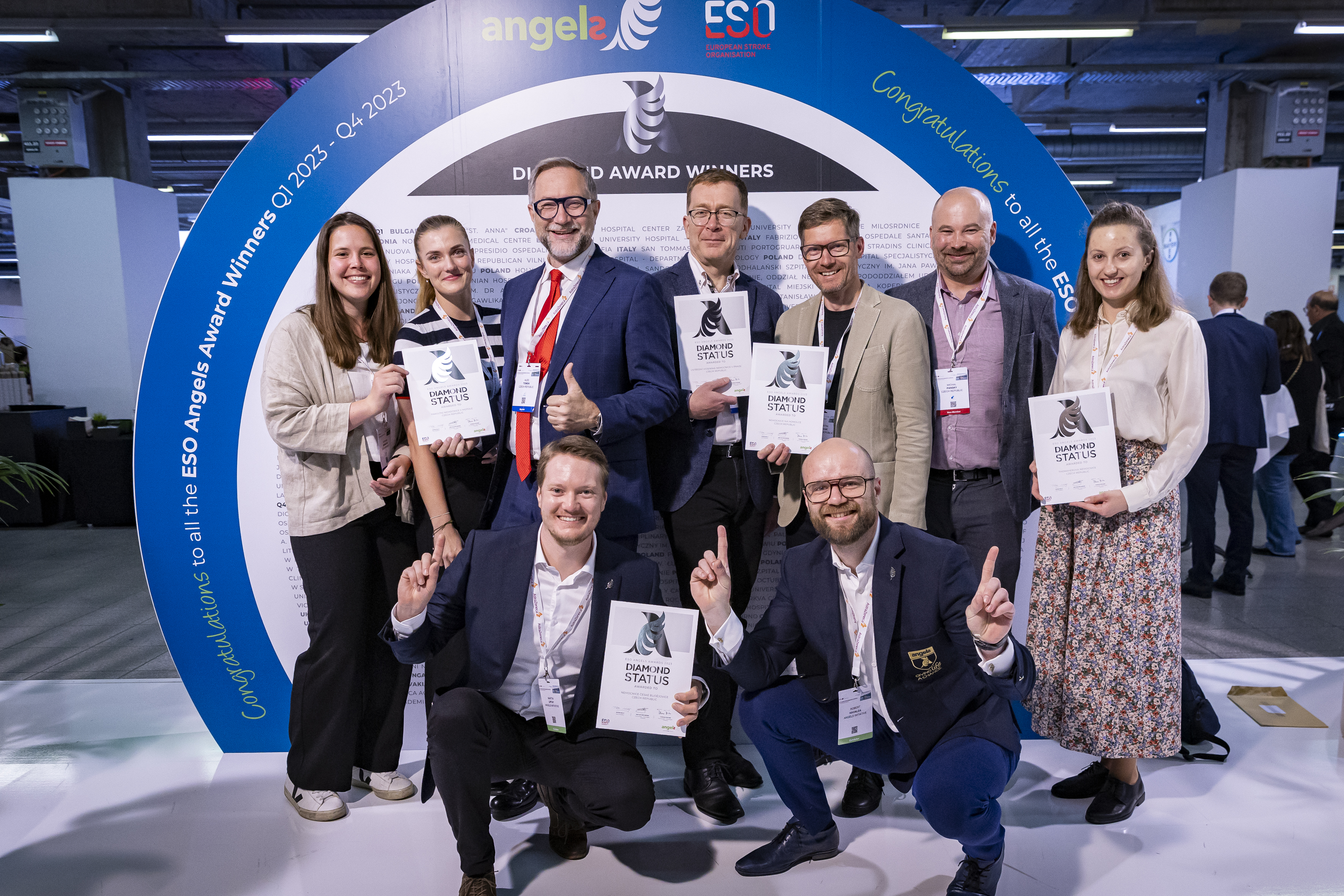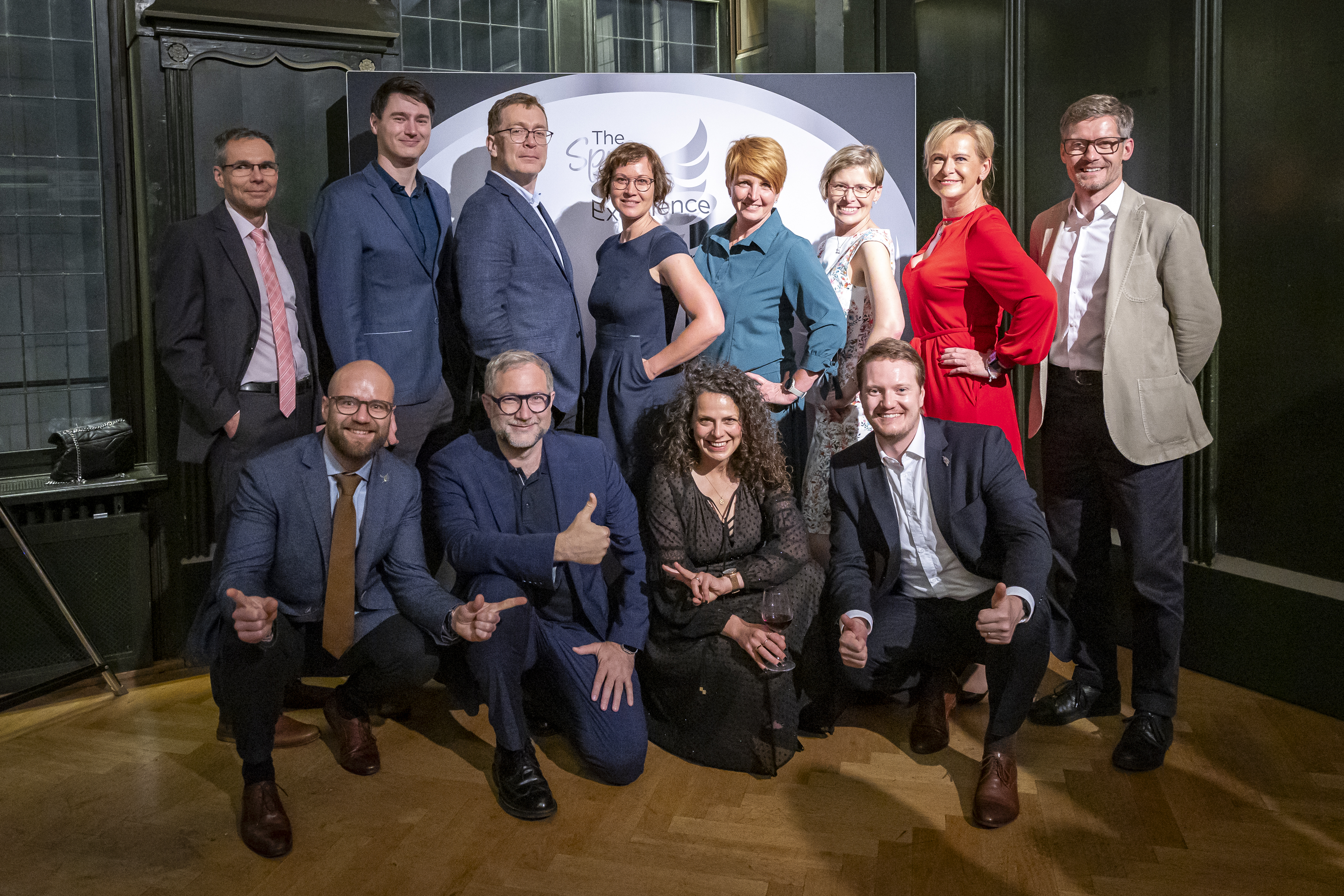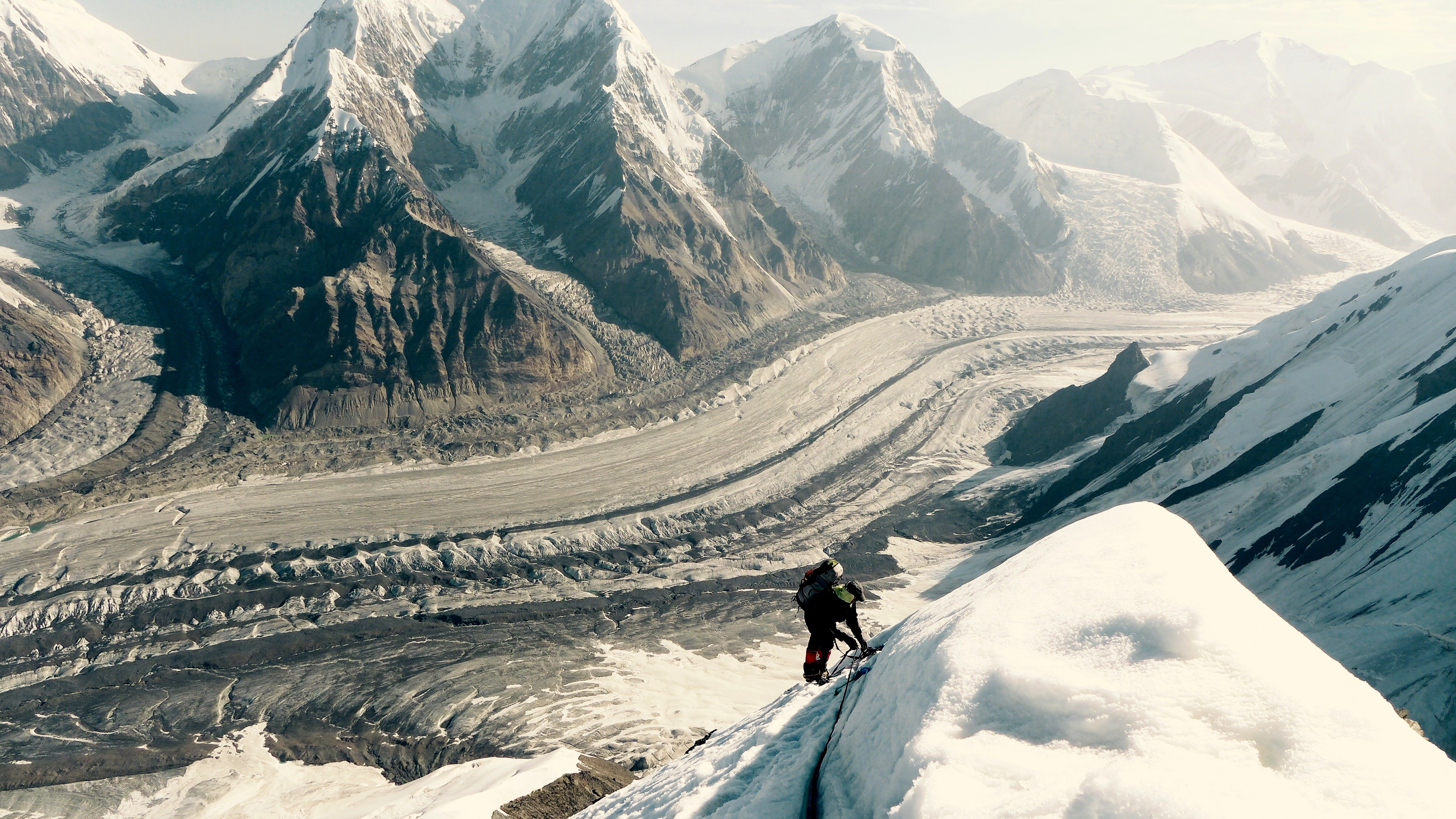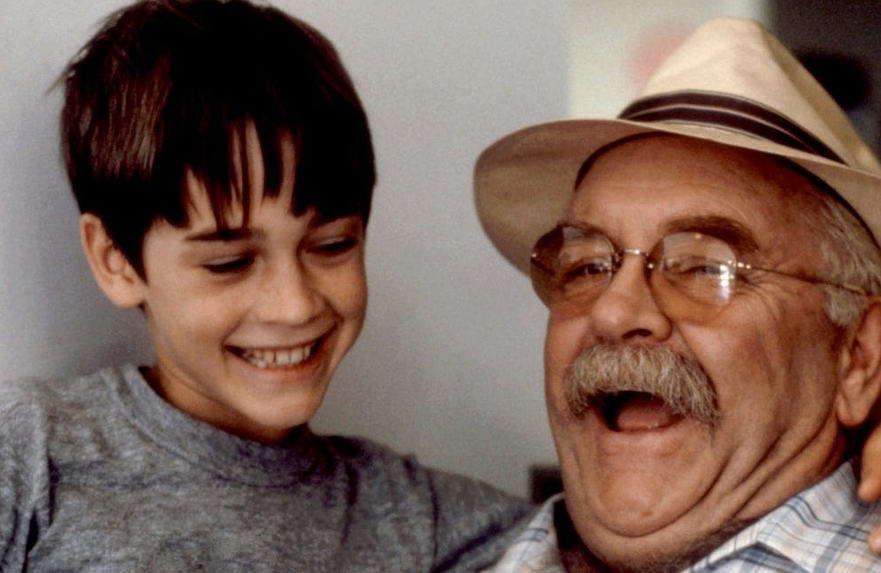
Altissima quaeque flumina minimo sono labi. Os rios mais profundos fluem com o menor ruído.
Esta expressão clássica é lembrada quando se conhece o Dr. Martin .rámek, chefe do abrangente centro de AVC no Hospital Central Militar de Praga (KCC ÚVN).
O stand Angels no ESOC em Basileia está a vibrar nas horas seguintes à cerimónia dos Prémios ESO Angels. Os vencedores são poses impressionantes em frente à parede dos prémios e fugiram dos seus braços em torno de colegas que não foram vistos desde maio anterior.
Apesar da tumultuosa, a voz do Dr. .rámek permanece mesmo quando conta os detalhes de uma carreira que abrange duas décadas de mudança momentânea nos cuidados de AVC na República Checa. Mas a sua forma discreta oculta uma natureza subtil e, para compreender totalmente a amplitude das suas realizações, é melhor perguntar a outra pessoa.
O consultor Angels Martin Liptay tem o prazer de obrigar:
O Hospital Militar Central de Praga ganhou o seu primeiro Prémio ESO Angels em 2017, quase um ano depois de o Dr. Martin ter assumido o cargo de chefe da KCC ÚVN e um ano depois de o registo de qualidade de AVC RES-Q ter começado a inscrever os seus primeiros hospitais.
Apenas 17 hospitais de oito países qualificados para os prémios inaugurais. No mesmo trimestre de 2024, quase 300 hospitais em todo o mundo receberiam reconhecimento por fornecer tratamento de qualidade a doentes com AVC.
Agora um dos maioresregistos de qualidade do mundo para o AVC, o RES-Q foi concebido como um estudo baseado em registos para documentar a qualidade dos cuidados de AVC e a capacidade dos cuidados baseados em evidências de remover disparidades nos cuidados de AVC. O Dr. . Em conjunto com o fundador do RES-Q, Robert Mikulík, e o chefe da Sociedade Checa de AVC, Dr. Aleš Tomek, estavam presentes desde o início, recolhendo feedback dos utilizadores checos para otimizar processos, incluindo o formulário de recolha de dados. À medida que o RES-Q se espalhou pelo mundo e se tornou mais complexo, continuou a canalizar o feedback dos médicos checos para o projeto.
“A Martin é basicamente um dos principais coautores desconhecidos dos formulários e estrutura atuais do RES-Q,” afirma o ex-consultor Angels (e agora líder de equipa) Robert Halvada, que se lembra de viagens conjuntas a Brno nos primeiros dias do RES-Q para implementar feedback de hospitais checos. “A sua personalidade requer tempo para construir uma relação, mas assim que conquistar a sua confiança, ganha um líder insubstituível que cria e implementa soluções.”
A liderança do Dr. de de .rámek na KCC ÚVN proporcionou consistentemente um desempenho premiado, culminando recentemente com o seu segundo prémio de diamante. Além disso, é responsável por verificar e aprovar relatórios de dados gerados no RES-Q antes de serem disseminados para todos os hospitais que tratam AVC na República Checa, e faz parte do conselho da Sociedade Checa de AVC e do seu conselho científico.
“Gosto de coisas para além do tratamento diário”, afirma. “Também estou interessado na organização.”

Escolhi o cérebro
Quando Martin decidiu na escola secundária para ir à universidade e tornar-se médico, estava a escolher um estilo de vida tanto como uma profissão. Inicialmente, considerou medicina interna, mas mudar do Hospital Universitário de Královské Vinohrady para o Hospital Bulovka maior em 1999, em Praga, apresentou-lhe uma escolha entre cardiologia e neurologia. Da forma que ele enquadra, ele deixou a arrogância decidir.
“Não é possível ver o cérebro”, explica. “Tem de descobrir uma doença inteiramente baseada em sintomas clínicos. Ser capaz de ver algo fez com que parecesse demasiado fácil. Fui arrogante, por isso escolhi o cérebro.”
Em 2001, juntou-se à Clínica de Neurologia no Hospital Universitário de Motol, uma das maiores instituições médicas multidisciplinares na República Checa e na Europa, e uma das cinco faculdades médicas da Charles University em Praga. Até lá, as perspetivas para doentes com AVC agudo tinham sido sombrias. “Foi tratado com glicose e medicamentos neuroprotetores que nunca funcionaram”, recorda o Dr. . Mas pouco depois de chegar a Motol, foi introduzida naRepública Checa a trombólise para o AVC isquémico, melhorando significativamente os resultados para os doentes com AVC e mudando fundamentalmente a prática da neurologia.
Enquanto esteve no Motol Dr. )rámek embarcou no estudo da neurossonologia – um método de diagnóstico que utiliza a imagiologia ultrassónica para desvendar as complexidades das doenças cerebrovasculares. Ao mesmo tempo, tornou-se estudante da medicina tradicional chinesa, em particular da acupuntura, que estava a ganhar terreno como opção de tratamento para condições neurológicas.
“Gosto da cultura oriental”, explica o Dr. . “Fiquei interessado na acupuntura porque oferecia a alguns pacientes mais possibilidades de tratamento. A medicina ocidental é boa para alguns casos, mas outros são melhor tratados da forma oriental.”
Dor de cabeça, paralisia do nervo facial e alopecia estão entre as condições neurológicas para as quais a acupuntura pode ter melhores respostas do que a medicina ocidental, afirma.
“A medicina ocidental é muito eficaz, mas não é bom ser arrogante e ver as coisas apenas de uma única perspetiva.”
Uma segunda vida
A monitorização da qualidade dos cuidados de AVC na República Checa é obrigatória, transparente e pública. Isto cria um ambiente competitivo onde todos podem ver como os seus dados se comparam com os dos seus vizinhos e, como diz o Dr. . A pressão entre pares impulsiona o desempenho e está entre os motivos pelos quais o tempo médio porta-a-agulha na República Checa caiu de 60 para 20 minutos desde o lançamento do RES-Q.
É um jogo diferente de 2016. Inicialmente modelado num registo existente, o RES-Q fornece agora análises abrangentes, visualização de dados e painéis de qualidade de cuidados de AVC em tempo real para ajudar as equipas de AVC a identificar lacunas e a tomar medidas direcionadas para melhorar os seus cuidados de AVC.
O feedback do utilizador tem sido a chave para manter as coisas simples numa plataforma de complexidade crescente. Para além dos aperfeiçoamentos, como excluir a ambiguidade e dificultar a cometimento de erros, tem sido importante diferenciar entredados opcionais e obrigatórios para acomodar as perspetivas, prioridades e disponibilidade de recursos em hospitais universitários de grande dimensão e hospitais regionais de menor dimensão.
O Dr. .rámek tem a vantagem de uma perspetiva regional. Entre deixar o Hospital Universitário de Motol em 2011 (nas mãos seguras do seu amigo próximo Aleš Tomek) e regressar a Praga em 2016 para assumir os reinados na KCC ÚVN, trabalhou em pequenos centros na região Central da Boémia – primeiro como chefe de UCI e coordenador do centro de AVC no Hospital Regional de Kladno e depois como chefe de neurologia no Hospital Ho de lovice.
Quando regressou a Praga em 2016, a sua própria vida tinha mudado. Na verdade, recentemente casado com um neurologista que conheceu em Kladno, estava a embarcar numa “segunda vida”.
Já pai de adolescentes com 17 e 18 anos, está agora a criar alguns pequenos com 3, 5 e 7 anos, e o tempo livre é tempo para a família.
Enquanto gosta de escalada de rochas (e enumera a medicina de alta altitude entre os seus interesses profissionais), uma atividade favorita é cantar no carro com a sua esposa e filhos quando estão a conduzir para algum lugar, diz ele, invocando uma imagem consumada da vida familiar contente.

A vida é boa
O rio tem mais uma surpresa a revelar, que é que o Dr. .rámek é um joalheiro de renome que obteve a sua licença após cinco anos de estudo. A joalharia artesanal em prata e ouro é um passatempo prático: “Não precisa de um grande workshop, pode fazê-lo numa sala, num local.”
Praticidade, ele só gosta de fazer as coisas com as mãos e doá-las.
“A joalharia é algo palpável que pode dar à sua família e amigos,” afirma ele, ao desenhar uma comparação com as recompensas fugazes da prática da medicina, como a satisfação momentânea de ter um artigo a aparecer numa revista. “Ou o doente vai para casa e só tens uma sensação agradável no teu coração.”
“Somos como hobbits,” afirma ele numa tentativa de descrever a personagem nacional checa. “Não nos mudamos para outros países, não nos tornamos expatriados. Podemos viajar e trabalhar noutro local, mas regressamos sempre. Viver no nosso país é fácil. Não somos um país de baixos rendimentos, os cuidados de saúde são bons e as nossas vidas são normais.”
É um país pequeno, densamente povoado quase sem áreas remotas, e a comunidade de AVC desfruta do apoio do ministério da saúde que exige a recolha e comunicação de dados. Mas há outro motivo importante pelo qual os hospitais checos têm tempos porta-a-agulha de classe mundial ou porque a maioria dos seus hospitais que tratam AVC (incluindo todos em Praga) alcançaram o estatuto de diamante.
Uma comunidade de AVC unificada é fundamental para o seu sucesso, explica o Dr. . “Temos apenas uma sociedade de AVC e isso é muito importante. A unidade da sociedade profissional significa que temos um objetivo – melhorar os cuidados de AVC e não combater outros inimigos.”




